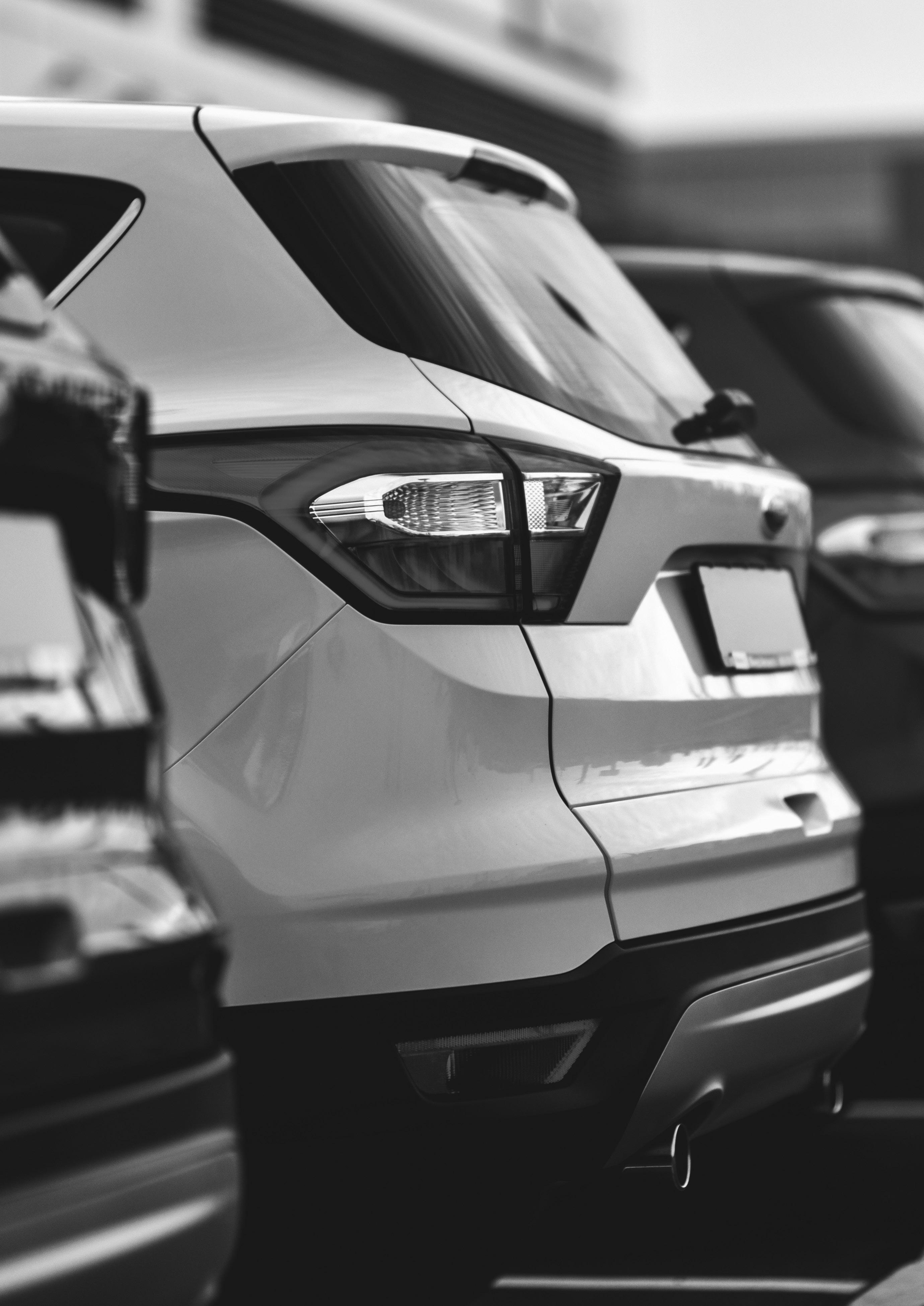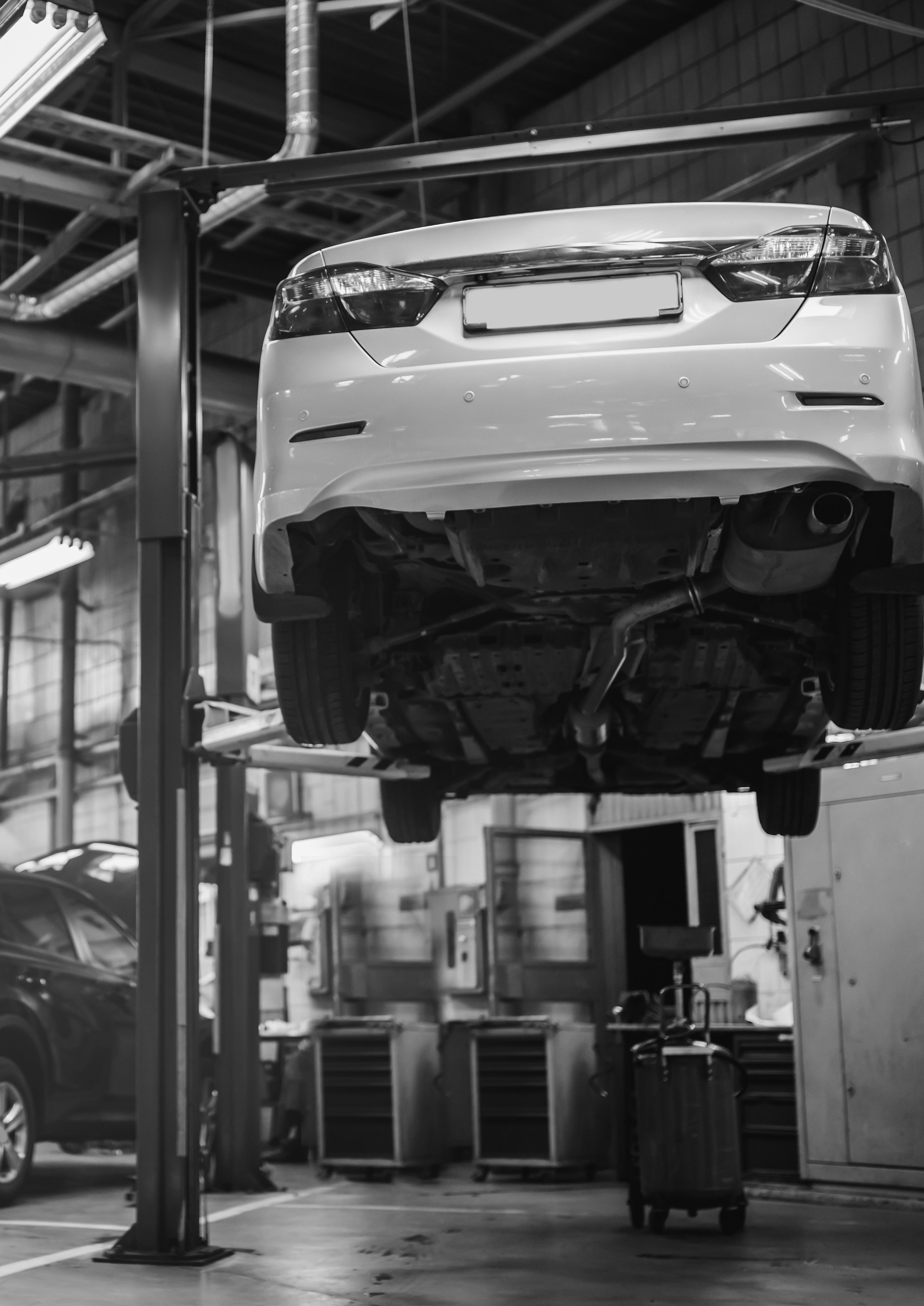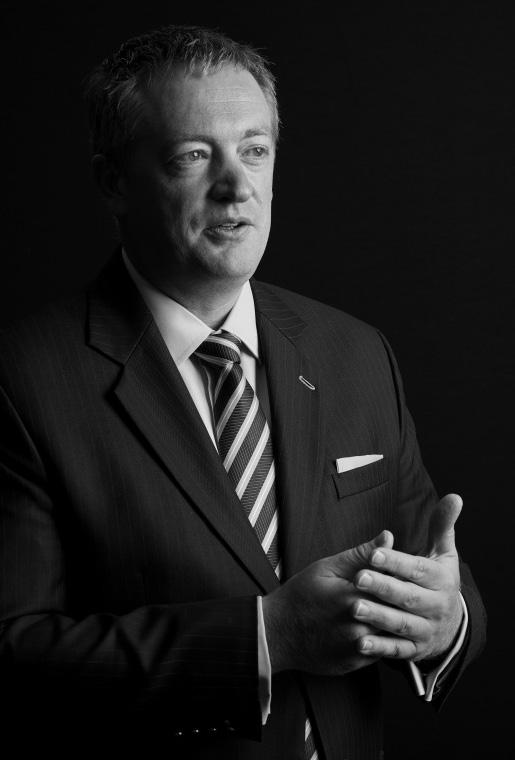
1 minute read
Looking To The Future At NADA
by ASE01
A predicted surge in market share for electric vehicles is the single biggest change to the Dealership of Tomorrow report, said author Glenn Mercer as he presented his annual update to his long running analysis of US dealer prospects.
Mercer now predicts that battery electric vehicles (BEVs) and plug-in hybrids (PHEVs) will take 7% of US new car sales by 2025, though his predictions are still short of the average from industry analysts at 9.5% share. The growth will be driven by expanding supply, not demand, as manufacturers launch “a deluge of new products”.
Advertisement
Turning to other perceived challengers to the conventional car market (“the four horsemen of the carpocalypse”, as he dubbed them) Mercer noted that Connected Cars were now largely accepted in the market and their impact had been relatively modest.
Autonomous Vehicles were “still on the way” but ‘high-level’ automation has been delayed by technical and legislative issues. Low level automation gives dealers more features to sell and also higher aftersales potential, due to increased complexity.
The perceived threat from Ride Sharing has “receded” though the market remains very active. Sharing is now emerging as a complement to personal ownership, rather than a substitute, and is not inherently cheaper or more convenient. This trend is likely to be enhanced, rather than diminished, by reactions to the Covid pandemic.
Connectivity data is the single biggest “game changer” for car manufacturers and dealers, according to Jim Farley, CEO and president of Ford, during an interview for the NADA Show. The customer data will allow the industry to focus “on loyalty not on conquest”, according to Farley, to the benefit of all.
Farley said he sees a “much healthier retail network” emerging post-Covid with dealers having rationalised costs while new car demand and used car prices would both be strong. EV growth would be driven by battery costs coming down and emissions penalties coming up. Facebook continues to make inroads into the US dealer market as more than just a social medium. Marketplace is now widely used for stock listings and Messenger is the preferred IM platform for most Americans, though WhatsApp is starting to gain ground. The platform has just launched an ‘Inventory’ button for dealership home pages that takes customers through to new and used stock. For the moment, it’s only available in the US.







